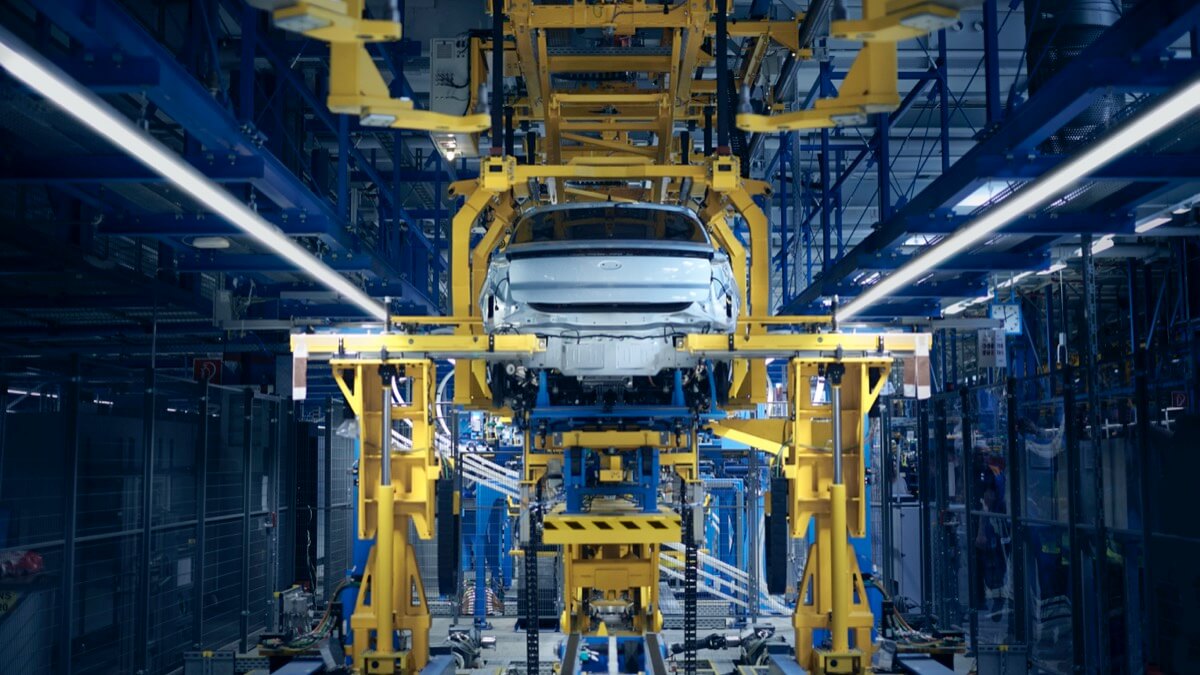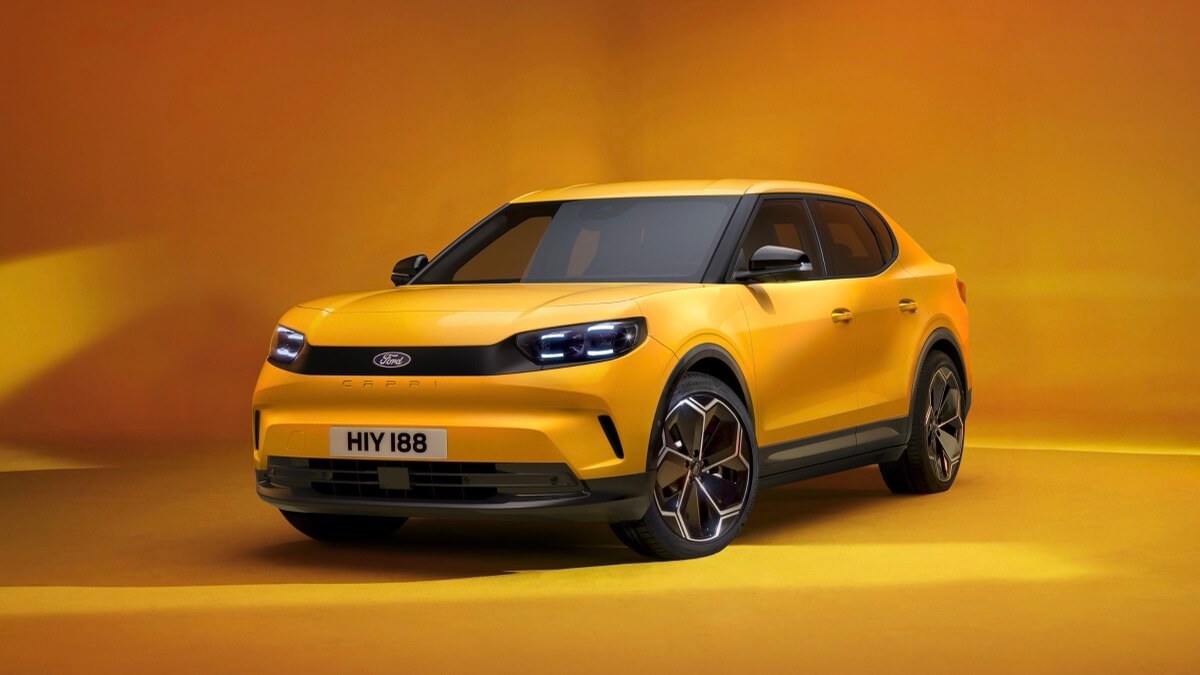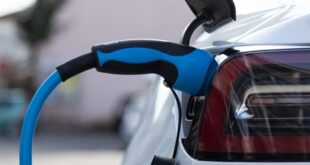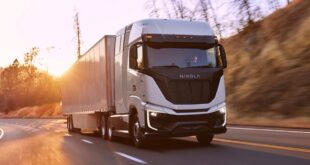Ford’s $2 billion EV facility in Germany is already facing a slowdown—what went wrong?
Ford is scaling back production at its electric vehicle (EV) plant in Cologne, Germany, after facing unexpectedly low demand for its new EV models in Europe. The factory, which produces the Explorer SUV and the Capri crossover, recently transitioned to focus exclusively on EVs. However, just months after ramping up production, the company has had to cut back hours for 2,300 workers, citing “rapidly deteriorating market conditions for EVs.”
The Cologne plant, Ford’s first carbon-neutral assembly facility, underwent a $2 billion transformation to prepare for a surge in EV demand. Equipped with new production lines and battery assembly capabilities, the factory has an annual capacity of 250,000 vehicles. But sales of the Explorer and Capri have been sluggish, forcing the company to adjust its plans. Employees will now alternate between working weeks and taking time off until at least the end of the year, with additional production cuts potentially extending into 2025.
Ford’s struggles in Europe reflect broader challenges for EVs in the region. Despite a growing share of EVs in the overall car market, year-to-date battery EV registrations in the European Union have dropped 5.8% compared to last year. Germany, the largest car market in Europe, has been particularly affected, with EV registrations down a staggering 28.6% in 2024. Factors like declining consumer confidence, the removal of EV subsidies, and discussions about delaying the EU’s 2035 ban on internal combustion engines have further dampened demand.

These issues cast doubt on Ford’s ambitious global EV goals. The automaker had aimed to achieve a production run rate of 2 million EVs annually by 2026. However, the recent setbacks in Cologne and other markets have raised questions about whether that target is realistic without a significant increase in demand. The EV market’s challenges aren’t confined to Europe—Ford recently paused production of its F-150 Lightning in the U.S. for similar reasons.
The Explorer and Capri models, built on Volkswagen’s MEB platform, were supposed to be a significant step forward for Ford in Europe, where competition from other automakers like Tesla and BYD is fierce. However, the slow sales come at a time when Ford has reduced its lineup of traditional internal combustion engine (ICE) vehicles, leaving fewer fallback options as EV sales lag. The company recently retired its popular Fiesta model and plans to phase out the Focus by 2025.
Despite these challenges, Ford remains committed to its EV vision. The Cologne factory represents a significant step toward achieving the company’s carbon-neutral goals, which include transitioning all its facilities, logistics, and supplier locations to carbon neutrality by 2035. For now, though, the road to EV dominance seems bumpier than expected, as both Ford and the broader industry grapple with shifting consumer preferences and an uncertain regulatory landscape.








